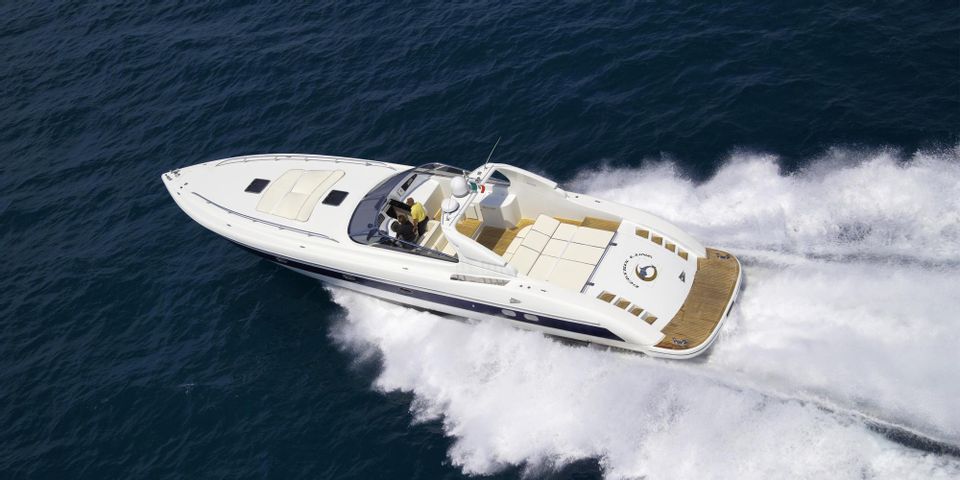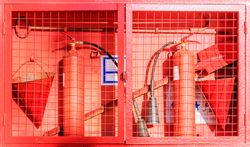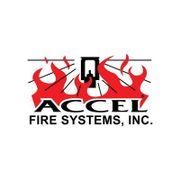What Causes Boat Fires & How Should You Address Them?

Since most boats are surrounded by water, these vessels may not always seem like a place for fires to occur. But in reality, these crafts are exposed to many potential flammable hazards—including fuel and electricity. If you enjoy boating, consider this brief guide to learn what causes these incidents, how you can prevent them, and what fire safety equipment can help in emergencies.
What Are Common Causes of Boat Fires?
Many of these incidents are caused by electrical issues on the vessel—including poor engine connections, old wiring, faulty voltage regulators on batteries, and damaged equipment that uses AC electricity. In other cases, cooking accidents on-board may spark the fire. Off-board causes may include fires in the marina or ignited fuel in the water.
What Can You Do to Prevent a Boat Fire?
Have your boat inspected regularly and repair or replace parts that present risk—such as old or faulty electrical systems. When flames erupt in engine rooms, opening the door will introduce oxygen that will cause them to spread. That’s why, if your vessel is outfitted with an engine room, it’s best to install an automatic extinguisher system in the area. Automatic extinguishers will detect these problems and use special solutions to put out the flames. This fire safety equipment also features manual activation in case you spot warning signs early on—such as smoke or foul odor.
 Equip your vessel with a few fire extinguishers to help put out small incidents. Make sure this fire safety equipment is approved by the US Coast Guard and are designed to put out all types of incidents—not just electrical ones.
Equip your vessel with a few fire extinguishers to help put out small incidents. Make sure this fire safety equipment is approved by the US Coast Guard and are designed to put out all types of incidents—not just electrical ones.
How Should You Respond to a Boat Fire?
In all situations, shut off the engine first. Never use water to put out flames caused by gas, oil, grease, or electrical systems, as this will only increase the problem.
If the problem is small and visible, promptly grab an extinguisher, pull the pin, and aim the spray toward the base of the flames with a sweeping motion. If the problem is larger, seek help immediately and prepare yourself—and your passengers—to abandon the vessel using life vests and lifeboats.
When docked, you can call 911 for an emergency response. If you’re on the water, contact the USCG with all pertinent information—including the nature of the incident, vessel identification, your location, and the number of passengers on board. If possible, position the boat so that the wind carries the flames in the opposite direction.
When it comes to boat fire prevention, having the right equipment makes all the difference. That’s why Accel Fire Systems is proud to provide a wide range of fire safety equipment for commercial and consumer purposes—including extinguishers, sprinkler systems, and suppression systems. For more details on these resources, visit this Alaskan fire protection service online. To schedule an inspection or request an estimate on services, call the Anchorage, AK, office at (907) 349-1490.
About the Business
Have a question? Ask the experts!
Send your question

